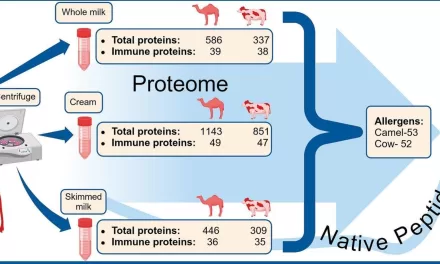New Findings Published in BMJ Supportive & Palliative Care Suggest a Simple, Non-Pharmacological Approach for Rapid Pain Relief
A recent study has unveiled the potential of a 20-minute mindful breathing session to rapidly diminish the intensity and unpleasantness of cancer-related pain. The findings, published in BMJ Supportive & Palliative Care, highlight a promising complementary approach that could significantly broaden pain management options for cancer patients.
Mindful breathing, which centers on focusing attention on one’s breath, was shown to quickly alleviate not only the physical sensations of pain but also the anxiety that often accompanies it. This discovery is particularly significant given the substantial global challenge posed by cancer-related pain, which affects an estimated 30–40% of patients.
The study involved 40 cancer inpatients with moderate to severe pain, randomly assigned to one of two groups. One group participated in a 20-minute mindful breathing session guided by a trained doctor, while the other group engaged in a supportive listening session. Pain intensity and unpleasantness were measured before and after each intervention using the Numeric Rating Scale, while mood was assessed with the Hospital Anxiety and Depression Scale (HADS).
The mindful breathing session, which involved four steps each lasting five minutes, proved to be particularly effective. Participants were guided to focus on their in-breath and out-breath, follow the entire length of the breath, reconnect the mind with the body, and progressively relax the body from head to feet.
Results indicated that mindful breathing significantly reduced both the intensity and unpleasantness of pain compared to supportive listening. This supports the growing recognition of mindfulness-based interventions as valuable complements to traditional pain relief methods, which, despite advances, often leave many patients with inadequate pain control.
The researchers emphasize that while various complementary treatments, such as cognitive behavioral therapy, massage, and acupuncture, have been studied, the unique contribution of mindfulness—especially in sessions extending beyond 10 minutes—warrants further exploration. This study adds to the body of evidence suggesting that even a single, longer session of mindfulness can be beneficial for those suffering from cancer pain.
In the broader context of pain management, the integration of mindful breathing could offer a non-invasive, drug-free option that enhances patient well-being. This approach not only addresses physical discomfort but also tackles the psychological burdens associated with chronic pain, making it a holistic addition to cancer care protocols.
As clinicians continue to seek out effective strategies for pain relief, the findings from this study may inspire further research and integration of mindfulness techniques into standard care, offering hope for better pain management outcomes for cancer patients.
Reference: BMJ Supportive & Palliative Care (2024). “Mindful breathing for cancer pain: efficacy of a single 20-minute session – a randomised controlled study.” DOI: 10.1136/spcare-2023-004762.












